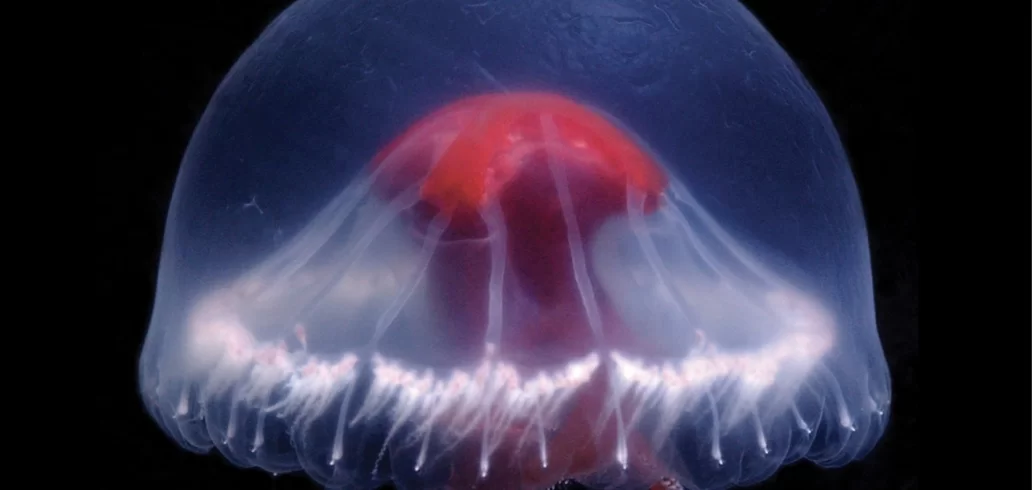Curiosities
Why do we have wisdom teeth?
Advertisement
As time went on and the human diet evolved, which became softer and more processed, wisdom teeth became less necessary. However, they can still erupt in the mouth, even if there is not enough space for them to position themselves correctly. This can lead to problems such as impaction, inflammation and pain, which often results in the need for wisdom teeth extraction.
In short, wisdom teeth were probably an evolutionary adaptation to a tougher diet, but today their presence may be more of a problem than a benefit.
More powerful jaws
Yes, wisdom teeth are associated with more powerful jaws in our ancestors. Our ancestors, who subsisted on a rougher, more demanding diet, needed a greater bite force to grind down tough foods, such as raw meats and fibrous vegetables. Wisdom teeth played an important role in this process, providing additional contact points for chewing and grinding food.
This need for more intense biting force influenced the development of the jaws over time, leading to a more robust and muscular structure. The wisdom teeth, as part of this dental structure, contributed to this more powerful chewing capacity.
However, as the human diet has changed over time, becoming more processed and soft, the need for such powerful jaws has diminished. As a result, in many people, wisdom teeth may not develop fully or may cause problems due to lack of space in the jaw, leading to the need for extraction.
Despite this, it is interesting to note that we can still see traces of this characteristic in certain populations, such as those who maintain a traditional diet based on harder and more fibrous foods.
Dietary changes
Changes in diet over time have played a significant role in human evolution and the adaptation of our anatomy, including the development of wisdom teeth and jaws.
1. **Transition to processed foods:** With the advent of agriculture and later the industrial revolution, the human diet changed significantly. People began to consume more processed, refined and cooked foods, instead of relying exclusively on raw and hard foods. This reduced the need for such a powerful bite and influenced the structure of the jaw and the position of the teeth.
2. **Reduced fussy chewing:** Processed foods tend to be softer and easier to chew compared to raw, fibrous foods. This means that the jaw muscles and bite force needed to grind food have been reduced over time.
3. **Impact on dental evolution:** With less demand for an intense biting force, wisdom teeth have become less essential and in many cases do not develop fully or cause problems due to lack of space in the jaw.
These dietary changes over time have had implications not only for tooth structure, but also for oral health and the prevalence of certain conditions, such as tooth decay and periodontal disease. Understanding these changes is important for better understanding human evolution and how our bodies have adapted to environmental and cultural changes over the millennia.





